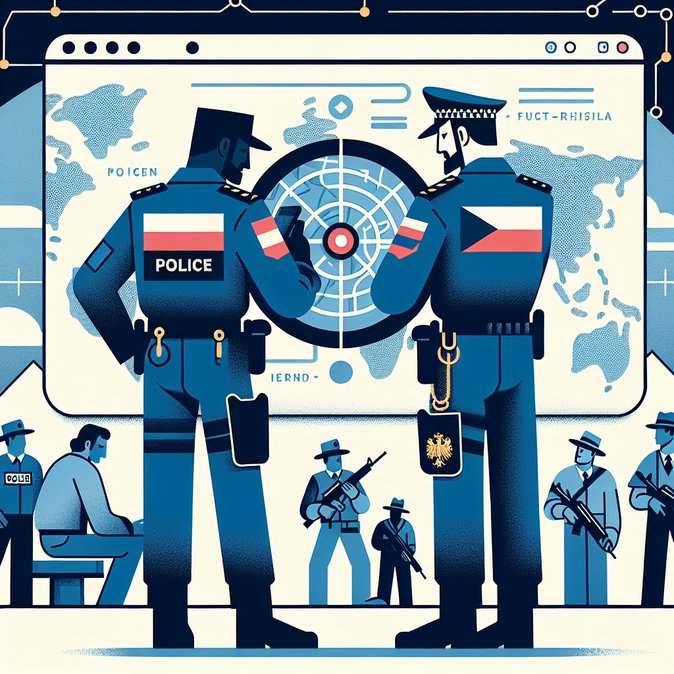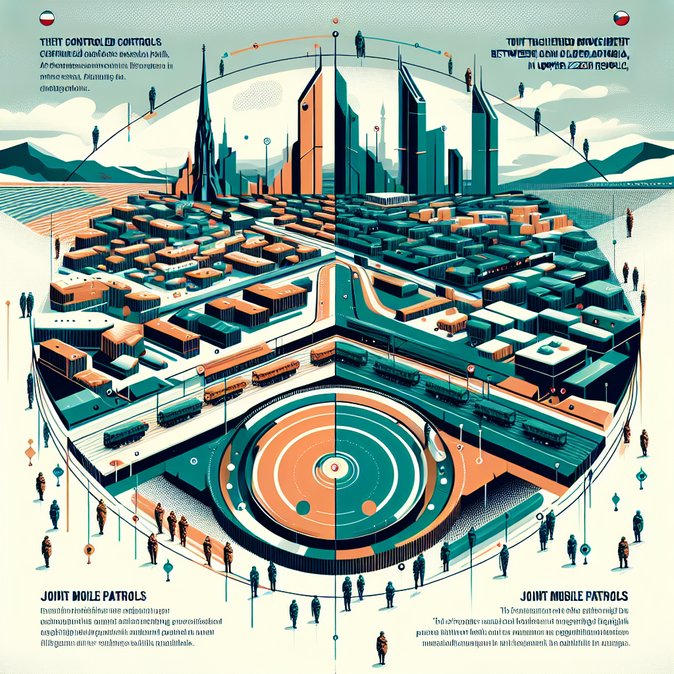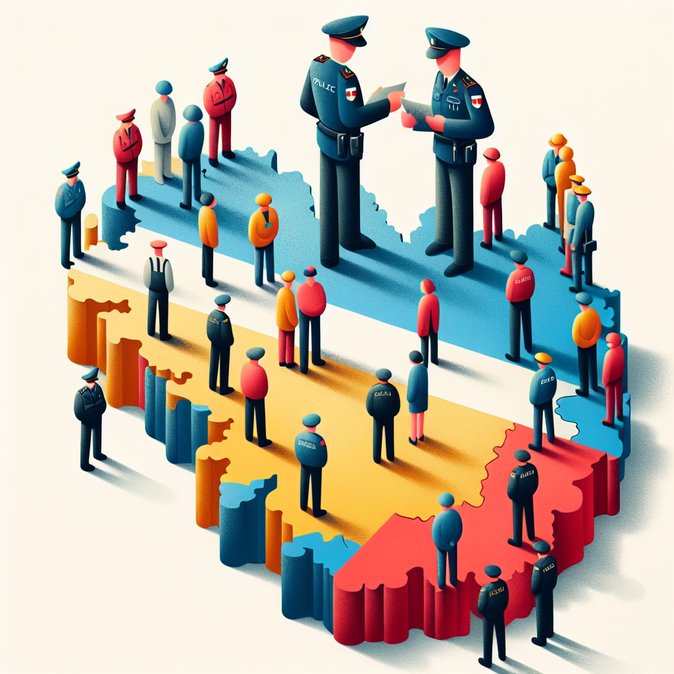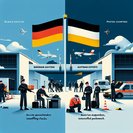
At a meeting in Prague publicised by Austria’s Interior Ministry on 2 November 2025, Public-Security Director-General Franz Ruf and Czech Police President Martin Vondrášek agreed to launch joint mobile patrols along key road and rail corridors between the two countries. The initiative will focus on the A1/D1 motorway axis and the North Railway line, which authorities say people-smuggling networks have increasingly used since Slovakia tightened its southern frontier.
Under the plan, mixed Austrian–Czech teams equipped with portable document scanners will board long-distance trains at Břeclav and carry out rolling inspections through to Vienna’s Hauptbahnhof. On the road network, joint patrol cars will operate in the 30-kilometre border zone and share access to each other’s visa-information systems (VIS) in real time. Vienna will send an additional 35 German-speaking officers to Mikulov as liaison staff.
![Austria and Czech Republic agree new joint patrols to curb illegal migration]()
For cross-border commuters—around 16,000 Czech nationals work daily in Lower Austria—the ministries insist disruption will be minimal because checks will be intelligence-led. Large Austrian manufacturing plants in Krems and St. Pölten welcome the assurance, noting that any delay to commuter buses would hit production shifts.
Law firms caution employers to verify residence permits of posted workers from third countries transiting the Czech Republic; a mismatch between Austrian work permits and Schengen stay rights could trigger refusals at spot checks. The memorandum also covers data-sharing on arms trafficking and promises an exchange of best practice on crowd management ahead of EURO 2028 matches to be hosted in Vienna and Prague.
Under the plan, mixed Austrian–Czech teams equipped with portable document scanners will board long-distance trains at Břeclav and carry out rolling inspections through to Vienna’s Hauptbahnhof. On the road network, joint patrol cars will operate in the 30-kilometre border zone and share access to each other’s visa-information systems (VIS) in real time. Vienna will send an additional 35 German-speaking officers to Mikulov as liaison staff.

For cross-border commuters—around 16,000 Czech nationals work daily in Lower Austria—the ministries insist disruption will be minimal because checks will be intelligence-led. Large Austrian manufacturing plants in Krems and St. Pölten welcome the assurance, noting that any delay to commuter buses would hit production shifts.
Law firms caution employers to verify residence permits of posted workers from third countries transiting the Czech Republic; a mismatch between Austrian work permits and Schengen stay rights could trigger refusals at spot checks. The memorandum also covers data-sharing on arms trafficking and promises an exchange of best practice on crowd management ahead of EURO 2028 matches to be hosted in Vienna and Prague.










